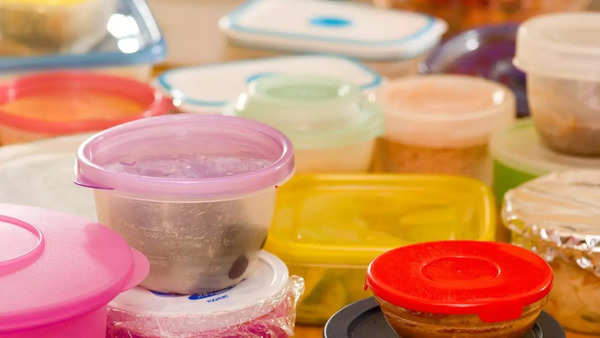If you are ordering food too often, you might be at an increased risk of heart disease. It’s not really about the food you eat, but about what it is being packed. Plastic takeout containers are harmful to your overall health. A new study has found a significant link between eating from plastic takeout containers and an increased risk of congestive heart failure.
Researchers think that this may be due to changes in the gut biome that trigger inflammation, ultimately damaging the circulatory system.
The study conducted by Chinese researchers emphasizes the growing concerns about the health risks associated with plastic. The new study builds upon previous findings that link plastic chemicals to heart disease, and the potential dangers of plastic in food packaging.

The two-part, peer-reviewed study from Chinese researchers observed the frequency with which over 3,000 people in China ate from plastic takeout containers, and whether they had heart disease. To study the effects of eating from takeout plastic containers, they exposed rats to plastic chemicals in water that was boiled and poured into carryout containers to extract chemicals.
“The data revealed that high-frequency exposure to plastics is significantly associated with an increased risk of congestive heart failure,” the authors wrote.
Plastic may contain about 20,000 chemicals, and more, such as BPA, phthalates, and Pfas, which pose significant health risks. These chemicals are often found in food and food packaging. The health risks of eating from containers range from cancer to reproductive harm.
To further investigate, the researchers simulated real-world conditions by placing boiling water in plastic containers for one, five, and fifteen minutes, extracting chemicals that could leach into food. They then fed rats the contaminated water over several months and examined their gut biome and heart tissue.

“It indicated that ingestion of these leachates altered the intestinal microenvironment, affected gut microbiota composition, and modified gut microbiota metabolites, particularly those linked to inflammation and oxidative stress,” the authors wrote.
They also found that the heart muscle tissues of the rats were damaged. Though the study did not suggest how consumers can protect themselves from such health risks, it is known that replacing plastic containers with glass, wood, or stainless steel alternatives can reduce the risk.
Also read:

